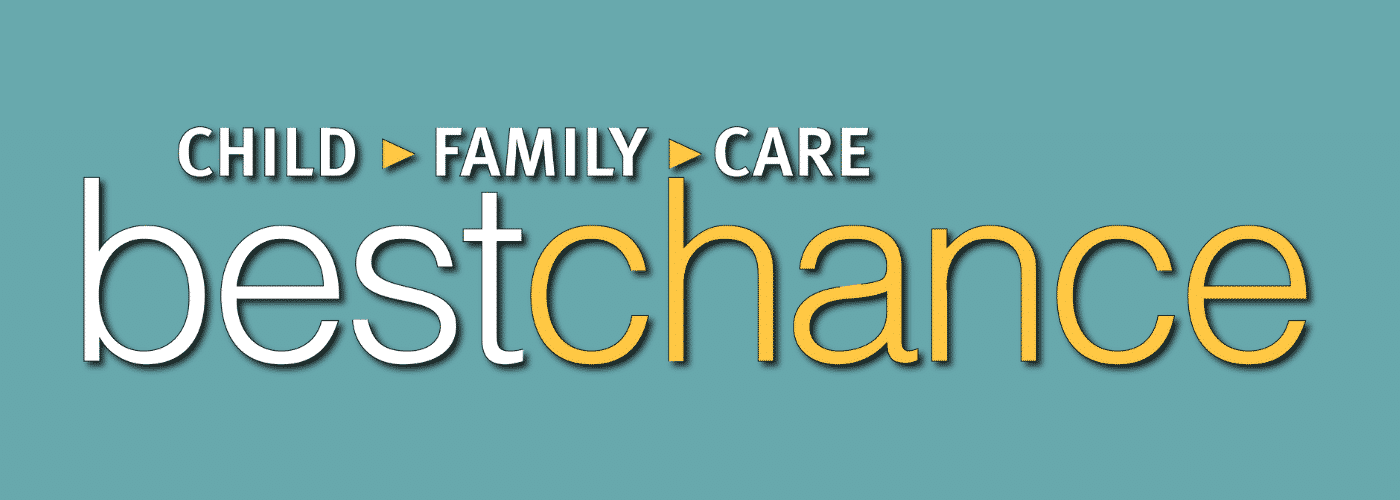Getting To Know Speech Pathology
Albert Einstein did not talk until he was five – so it is said by some of his biographers. And thus the term “Einstein syndrome” was born. Researchers in the US discovered that a significant percentage of late talkers went on to become highly productive analytical thinkers… just like the namesake suggests.
Understandably though, as a parent we get nervous when a child isn’t reaching developmental milestones, or isn’t at the same level as their peers, but this lesser-known Einstein syndrome shows that not all speech delays will have a long-term impact on your child’s development beyond the young years. Still, it can be wise to raise any concerns you have to ensure your child is developing as expected.
bestchance Speech Pathologist Sarah Brunson has worked across the lifespan; from babies to the elderly. She is particularly passionate about working with children with severe language and social communication delays, and has many years of experience. “Some children come to us for intervention very young, and they are at the beginning of their communication journey,” Sarah says. “Usually we see quite a few different areas of development and more than one thing going on for them, so they are quite often supported by a whole multidisciplinary team.”
WHAT IS A SPEECH PATHOLOGIST?
According to Speech Pathology Australia, speech pathologists “study, diagnose and treat communication disorders, including difficulties with speaking, listening, understanding language, reading, writing, social skills, stuttering and using voice.”
More specific to early childhood, speech pathologists work with children who have difficulty communicating because of developmental delays (eg, late talkers), learning disability, hearing impairment, intellectual disability and cerebral palsy. A speech pathologist can also help children who experience difficulties when swallowing food and drink.
SPEECH OR LANGUAGE DELAYS
There is a difference between speech and language delays. To put it simply, language delays are when a child can say words clearly but may only be able to put two words together, whereas a speech delay is when the child uses words and phrases to express ideas but they are hard to understand for various reasons.
Sarah says speech and language delays can be “very broad” and quite a few children have non-specific difficulties, so what we do as speech therapists varies greatly and we quite often identify more than one specific issue.”
According to John Hopkins Children’s Hospital “parents and regular caregivers can expect to understand about 50% of a child’s speech at 2 years and 75% of it at 3 years.” By 4 years old, you can expect to almost fully understand what your child is saying.
the importaNCE OF EARLY INTERVENTION
It’s important to understand that children develop their language and speech skills at different rates, and the best way to assess them is with the assistance of a professional.
Research suggests that speech and language skills are a critical part of child development and most of the foundations for language development are laid down in the first 12 months of a baby’s life and develop at a rapid rate, especially between the ages of 2 and 5.
Sarah says “early intervention” is important. “We see ages from babies to 10 years old, so the treatment varies significantly depending on the age of the child. There is an abundance of evidence that shows accessing early intervention for any delay is important to avoid social disadvantages later in life.”
LESSER-KNOWN AREAS OF TREATMENT
A child’s development is not black and white. As human beings, there are many considerations and influences that make us all different. As with other developmental milestones, the age a child begins to speak can vary. These variations are not always a clear indication of anything, but if you are concerned, it is always best to seek out a professional for guidance.
“We work quite a bit around engagement and a child’s interest in people in the early years,” Sarah explains, “so really early communication goals we may be working on are ‘learning to learn’ targets, some of which are learning how to play, learning how to interact with peers and learning how to take turns when playing.”
We have only just scratched the surface of what a speech pathologist can do and as Sarah says it can be very broad. Bestchance has an amazing team of speech pathologists who can help with speech and language delays as part of our wider early childhood intervention team and it is always best, for any concerns, to contact a professional.
Click here to find out more or call us on 1300 224 644.

